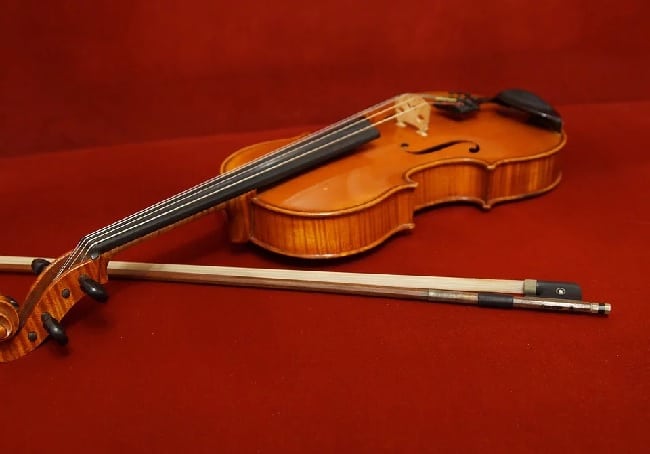Music has been connected to everyone’s daily routine. May it be through singing, playing an instrument, or simply listening to it, we cannot imagine it not existing. We also have different preferences for what kind of music we want to play or listen to. But when it comes to the improvement of brain function, classical music helps the most. Simply listening to it gives us a relaxing vibe when we’re tired or stressed out. As a hobby, playing classical music is proven to be good for the brain.
Why play the viola?
Viola is known to be a classical instrument that belongs to the string family. It is a bit larger and has a deeper sound compared to the violin. While it is not the most popular among string instruments, aside from helping you improve your musical intelligence, violas bring a lot of other benefits that is good for the brain.
Reduces stress and calms your senses
A viola produces a warmer sound compared to the violin but has almost the same size and can be played almost the same way as the latter. Because of this, it helps you reduce stress, decrease your heart rate, and calm your senses. It also actively stimulates our brain, giving us a happy and satisfying feeling.
Improves long term memory
Just like with other instruments, playing the viola improves memory and comprehension. Aside from learning how to read musical notes, it exercises both sides of the brain which increases the blood flow as well. And because it is a bit more challenging than playing the violin, it will really enhance long term memory function.
Helps the brain recover from injury
In many hospitals and clinics, music therapy is recommended for people who are recovering from a brain injury or stroke. For people who are going through a mental illness, playing an instrument will help relieve them from anxiety and discomfort. In some cases, playing the violin or viola is allowed during a brain surgery for an easier procedure and to keep the patient’s brain functioning.
Enhances your creativity
Playing the viola can be done either solo or in an orchestra which is both fun and exciting. When you try to play solo, you can even create your own piece. You can play off the string, ricochet, staccato and discover new tricks and sound based on your personality. As you practice and perfect your music, it also exercises the creative sides of your brain.
It builds your confidence
Because the viola is not as popular as the violin and cello, only a few people choose to play the instrument. If you are able to practice and master your craft, it’ll eventually build your confidence and may someday help you stand out if you pursue your career as a musician.
Playing the viola or any string instrument will make you smarter and will help you practice discipline and patience as well. Aside from making it as a new hobby, musical training for viola will help both kids and adults improve overall brain function – from retaining information to problem-solving.







